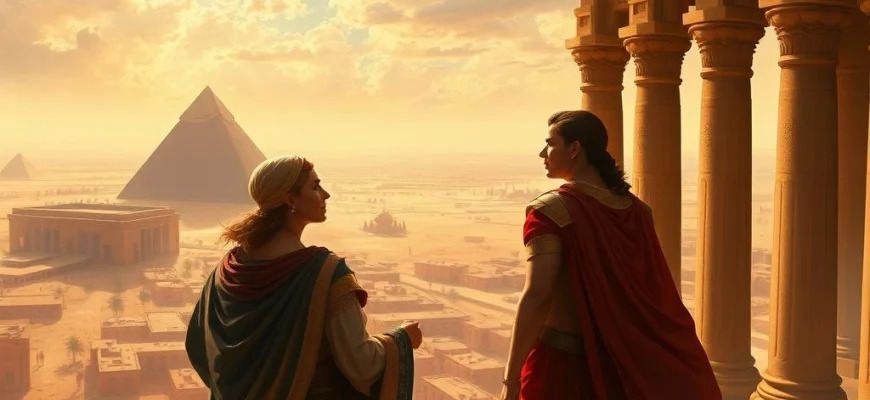If you loved the epic romance and political intrigue of 'Antony and Cleopatra' (1972), you're in for a treat. This article explores 10 similar movies and shows that capture the same grandeur, passion, and historical drama. Whether you're a fan of Shakespearean adaptations or sweeping historical epics, these recommendations will keep you enthralled.
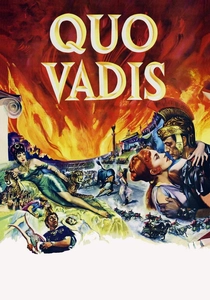
Quo Vadis (1951)
Description: A historical drama set in ancient Rome, focusing on love, persecution, and the clash between early Christianity and imperial power.
Fact: The film was one of the first major Hollywood productions to be shot in Europe after World War II, taking advantage of lower production costs.
 Watch Now
Watch Now 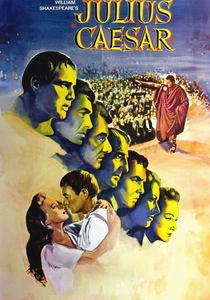
Julius Caesar (1953)
Description: A historical drama centered around political intrigue, betrayal, and the downfall of a powerful leader, mirroring themes of ambition and tragic fate.
Fact: The film was based on William Shakespeare's play of the same name, and it features an all-star cast including Marlon Brando as Mark Antony.
 Watch Now
Watch Now 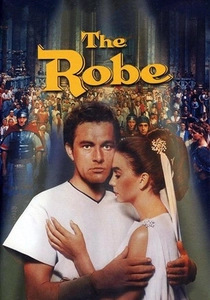
The Robe (1953)
Description: A story of spiritual awakening and redemption set in the Roman Empire, exploring themes of faith, guilt, and transformation.
Fact: This was the first film released in CinemaScope, a widescreen format that revolutionized the movie-going experience in the 1950s.
 Watch Now
Watch Now 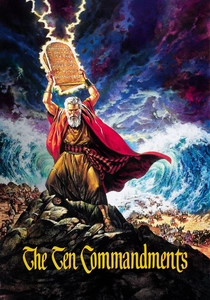
The Ten Commandments (1956)
Description: A monumental biblical epic that combines grand spectacle with themes of divine justice, leadership, and moral conflict.
Fact: The film's parting of the Red Sea scene was achieved using a combination of practical effects and early visual techniques, becoming one of the most iconic moments in cinema history.
 Watch Now
Watch Now 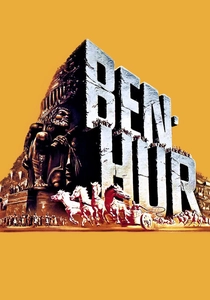
Ben-Hur (1959)
Description: A grand historical epic featuring intense personal rivalries, divine intervention, and a sweeping narrative set against the backdrop of ancient empires.
Fact: The film won a record 11 Academy Awards, a feat unmatched until 'Titanic' in
 Watch Now
Watch Now 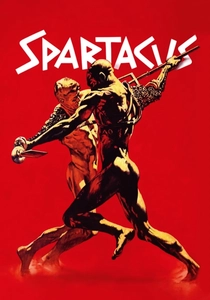
Spartacus (1960)
Description: Epic tale of rebellion and personal struggle against an oppressive empire, highlighting themes of leadership, love, and sacrifice.
Fact: The film won four Academy Awards and was the first Hollywood production to openly challenge the blacklist by crediting screenwriter Dalton Trumbo.
 Watch Now
Watch Now 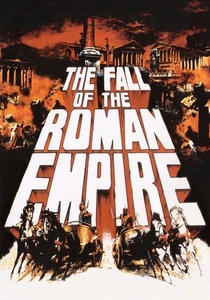
The Fall of the Roman Empire (1964)
Description: A lavish depiction of political machinations and the decline of a once-great civilization, emphasizing themes of power and legacy.
Fact: The film's massive sets were later reused for other historical epics, including 'El Cid' and 'Gladiator.'
 Watch Now
Watch Now 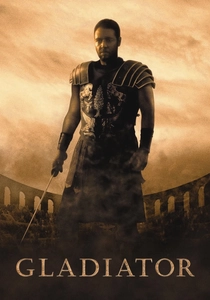
Gladiator (2000)
Description: A gripping story of revenge and redemption set in ancient Rome, with a focus on personal vendettas and the corrupting nature of power.
Fact: The film's iconic Colosseum scenes were partially created using CGI, blending practical effects with digital enhancements.
 Watch Now
Watch Now 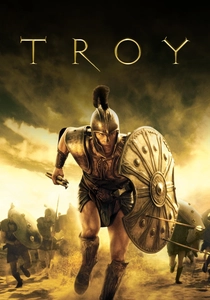
Troy (2004)
Description: A sweeping war epic that explores love, honor, and destiny, set against the backdrop of legendary battles and larger-than-life characters.
Fact: The film's massive wooden horse prop was later donated to a museum in Malta, where it was displayed for years.
 Watch Now
Watch Now 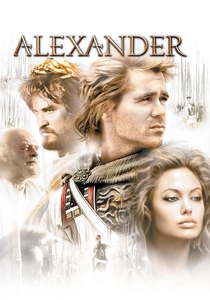
Alexander (2004)
Description: A biographical epic that delves into the complexities of leadership, ambition, and the personal costs of empire-building.
Fact: The film underwent multiple edits and releases, with director Oliver Stone later creating a 'Final Cut' version to better reflect his original vision.
 Watch Now
Watch Now 
